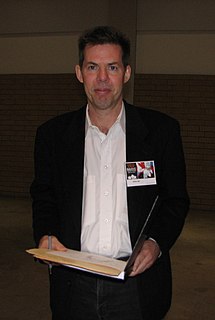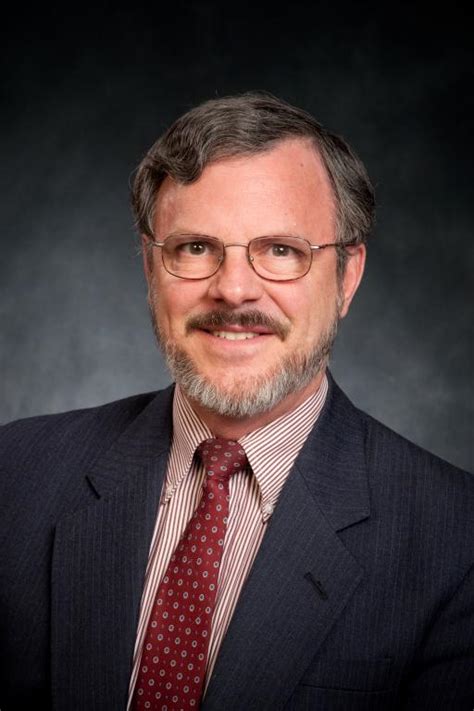A Quote by Frederica Mathewes-Green
You can latch onto theological ideas that are, in fact, not accurate, and refuse to let them go. I think we've seen this a few times in church history.
Related Quotes
A society whose members are united by the fact that they think in the same way in regard to the sacred world and its relations with the profane world, and by the fact that they translate these common ideas into common practices, is what is called a Church. In all history, we do not find a single religion without a Church.
The hidden so-called scholars of old did not hide themselves and refuse to be seen. They did not close the door on their words and refuse to let them out. They did not shut away their wisdom and refuse to share it. But those times were all haywire. If it had been possible for them to act, they could have done great things, bringing all to Oneness without any sign of doing so. However, the times were not favorable and it was not possible, so they put down deep roots, remained still and waited. this was the Tao by which they survived.
There are times when the gospel just seems to be powerfully at work in a nation, and thousands upon thousands are converted. If you think about what has happened in Latin America, Africa and East Asia all in the last hundred years, it is breathtaking. We have seen an expansion of the gospel as we have never seen before in the history of the church.
You have heard me say, a great many times, that there is not that man or woman in this Church, and there never was and never will be, who turn up their noses at the counsel that is given them from the First Presidency, but who, unless they repent of and refrain from such conduct will eventually go out of the Church and go to hell, every one of them
Americans are an "almost chosen people," which is meant to suggest that there are clear parallels, literal, theological and everything else, between the American story and the Old Testament story of Israel and then the broader story of the Christian church. It's OK to recognize the parallels. It's OK to invoke them. But, you have to keep that "almost" in front of the "chosen." You can't go all the way and say, "America is Israel, America is the Church." That's where I think patriotism shades into, what I call, the heresy of nationalism.



































